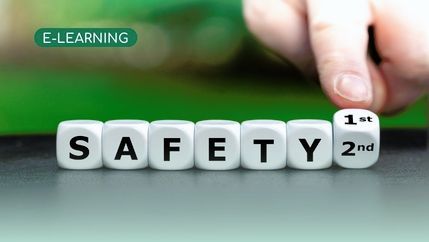eLearning: Personal safety training
Employers have a responsibility to safeguard their employees' personal safety. There is also plenty that individual workers can do to ensure they are as safe as possible while going about their job. In this Health and Safety course, you will see how you can ensure your own personal safety both in and out of work.
Course objectives
- Your employer's responsibilities for your personal safety
- When and where your personal safety is most at risk
- How to assess and minimise risks to your personal safety
- Legislation relating to self-defence in a potentially violent situation
- The importance of good communication skills
You can complete this eLearning course in around 20 minutes.
Related courses and information
Personal safety and lone working guidance
Making personal safety a habitual part of any working practice is essential. Being aware of the risks of lone working and having effective and familiar policies and practices in place can help agents recognise any potential red flags and give them the confidence to respond in an appropriate way that reduces the risk of harm.
eLearning: Lone worker safety
If your work requires you to visit domestic housing, void properties or business units alone, this course provides an outline of health and safety management law in relation to lone workers.
eLearning: Personal safety training
Personal safety is a person's right to go about their everyday life free from the threat or fear of psychological, emotional, and physical harm from others.
eLearning: Sexual harassment — A practical overview
This 60 minute course helps employees recognise sexual harassment through a range of scenario-based interactions.




